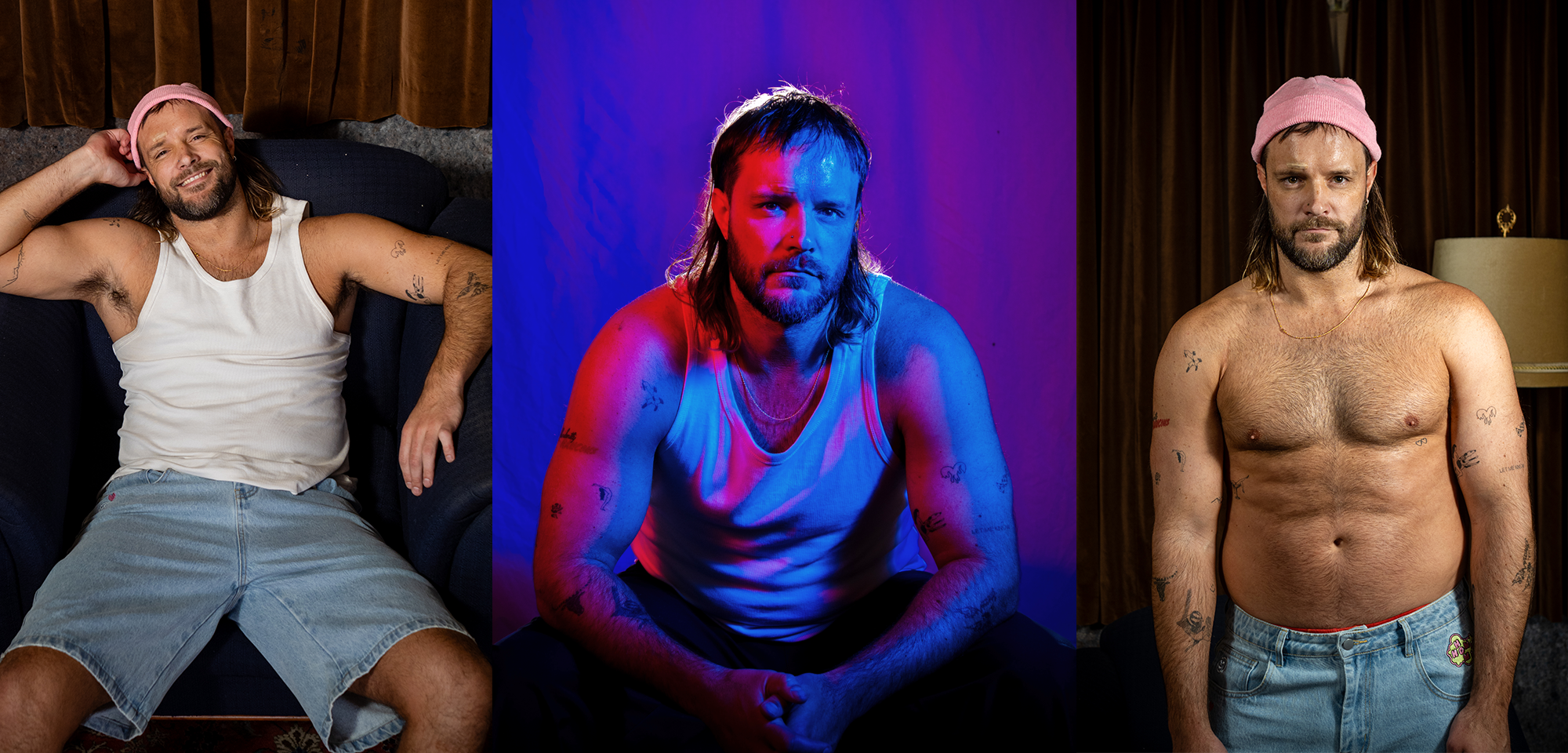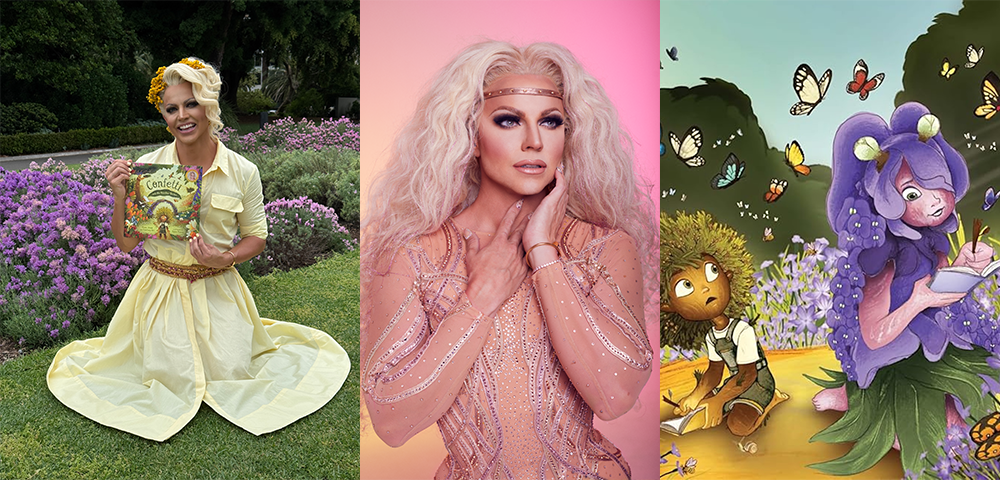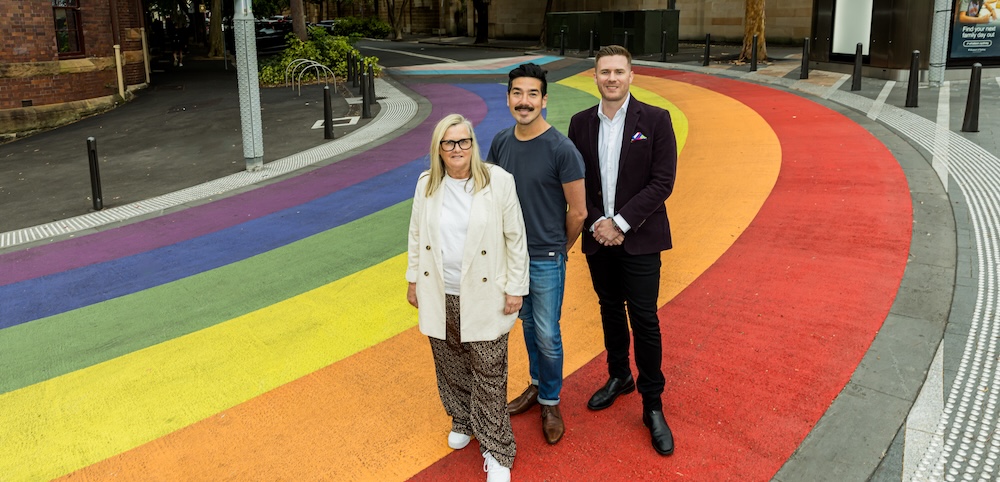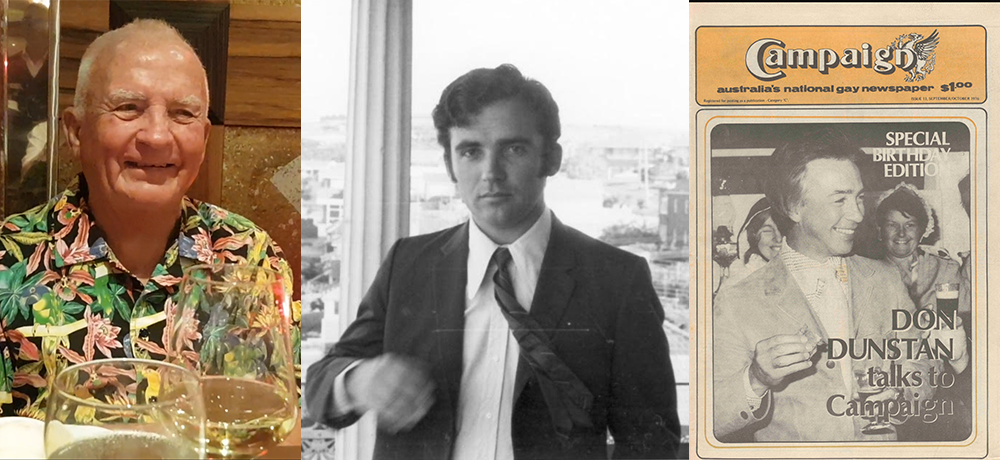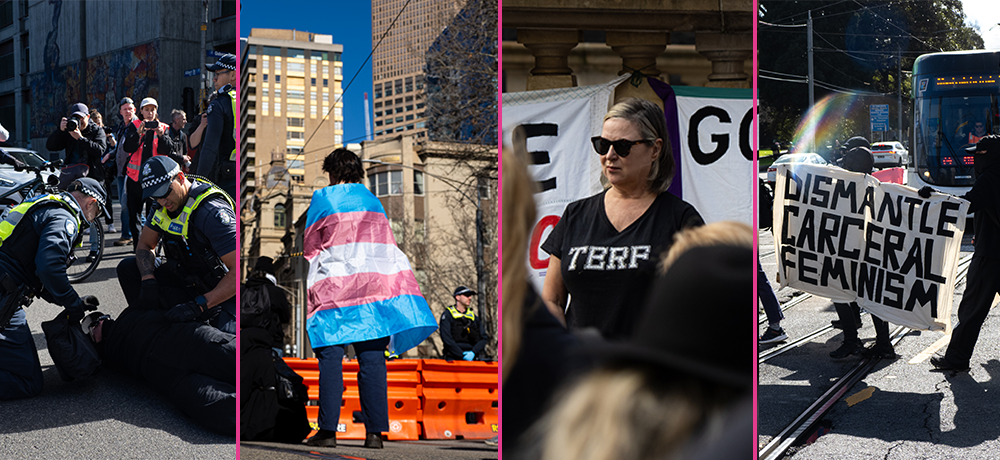
Meet Greens Candidate Rohan Leppert
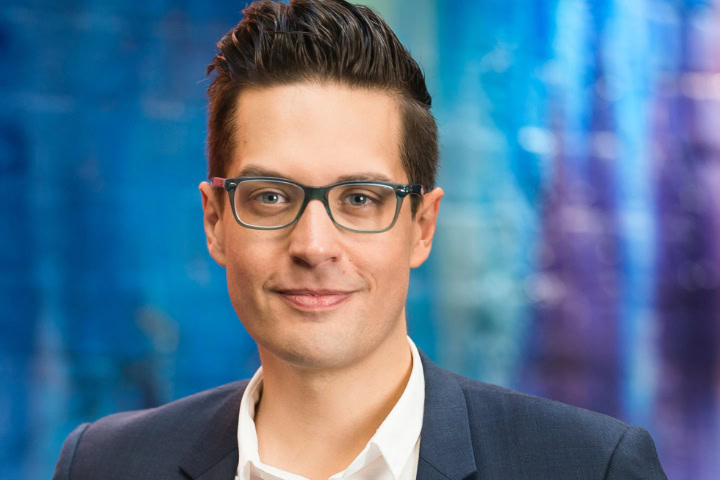
Rohan Leppert has been a Melbourne City councillor for eight years, and that is exactly where he wants to continue to be – in a position to influence and guide the planning of a sustainable city that has been consistently voted one of the most livable cities in the world.
Openly gay Greens councillor Leppert is looking to get re-elected and told Star Observer that he is “deeply suspicious of anyone who runs for office for personal reasons.
“I’m a planner and I’m hell bent on planning a sustainable city. We’re in a housing affordability crisis with or without COVID, and we have a long way to go to make our city affordable, energy efficient and sustainable. So my reasons for running for Council, and running again now, are simple: I want to plan a better city, in the public interest.”
In 2012, when he first ran for the council, there was never going to be a discussion about whether he should disclose his sexuality.
“I was out well before I ran for council so it’s not an issue that I have had to worry too much about, and representing a progressive inner Melbourne electorate, this is generally a safe and supporting place for me. I acknowledge that I am very fortunate,and that my job is to keep making this place a safe and supporting city for others.”
That does not mean he has had it easy.
Leppert has had had to deal with homophobic online trolls who have sought to reference his sexuality, but he said he draws from that reserve of strength that LGBTQI people have relied on to deal with homophobes – online or offline.
“Queers are good at finding ways to cope, and I’m getting pretty good at not letting it affect me!” Leppert said.
In his eight years on the council, the Kensington resident has been much more focussed on the city where he first arrived in 2003. He readily lists his achievements, “I’ve proposed and secured new inner city parks, rewritten planning controls to drive stronger community benefits from higher density development, brought most of the city’s 35 years old heritage controls up to date, secured and launched the first memorial to the frontier wars in any Australian Capital City (‘Standing By Tunnerminnerwait and Maulboyheenner’), commissioned innovative new sunlight planning controls, grown our arts budget to record levels and kept all arts grants free of political interference, and fundamentally changed the council’s attitude to transport funding, with record spending on bicycle infrastructure now occurring, and rezoned all the green spaces around the city to parkland to protect them for community health and biodiversity.”
Making Melbourne affordable to live in is on top of Leppert’s agenda and he believes that the current crisis is an opportunity to make necessary changes to the laws. According to him, in Melbourne the council’s electoral rolls are weighted in favour of non-resident owners who outnumber those who reside and own property. This, he explained, results in a council “whose interests skew towards those of the property lobby.”
“The big political barrier for this council is always on property issues. That’s why we haven’t broken through yet on housing affordability and meaningful controls for energy efficient design, and I am determined to overcome this. A crisis should never be wasted! Now is the time for an all-out push to rewrite the city’s housing policies and facilitate a more affordable city for everyone, so that young people, essential workers and families can afford to live here again.
Another issue that is occupying his attention is the impact of the pandemic lockdowns on the art and creative industries. As the Chair of the Arts, Culture and Heritage portfolio, he had put together a $2 million quick response grant in the early days of the first lockdown in Melbourne between March and April that was meant to support artists who do not qualify for either Jobkeeper or Jobseeker.
“We bumped that up to $2.5 million and ended up supporting hundreds and hundreds of artists. We have to turn to our arts organisations and festivals now; no organisations are better placed to help a city recover. I believe in putting creative people at the centre of decision-making, at the start of the problem-solving exercise. An arts-led response to city recovery has huge potential for Melbourne, and we should tap into the expertise, skill and creativity of our festivals and institutions to help central Melbourne go from economic depression to bustling cultural, entertainment and hospitality destination.”
His proposals for the LGBTQI community as well as community-run businesses similarly look at a recovery that takes everyone along. Leppert led the Coming Back Out Ball and programs for older LGBTQI people in the city.
“The social inclusion role that councils facilitate is vital. I’m also keen to see if the new ‘agent of change’ rules announced by the Government can be used to improve protection for our increasingly scarce LGBTQI spaces. It’s incredibly expensive to operate venues in the central city, and much more so now during the lockdown. We need to look at major financial support and rate relief for our venues and aim to keep them all in business. And I will continue to use my role and any little profile I have to campaign against police brutality and homophobia. The standards our Government tolerates are appalling, and it’s no wonder that so many of us are afraid of Victoria Police,” Leppert pointed out.
He wears his passion for urban planning on his sleeve.
“I’m an urban planner and I love local government, so council is exactly where I want to be… The best thing about being a Greens representative is that you are part of a broader movement: the support and energy for a better future is always there.”




